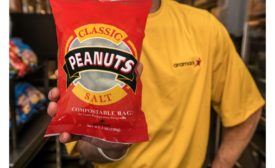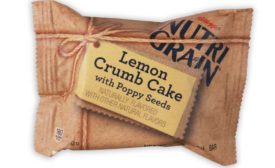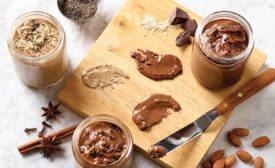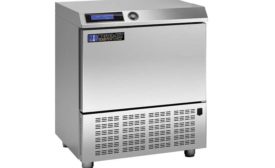Sustainability
First-of-its-kind environmentally friendly packaging for peanuts debuts at Arrowhead Stadium
Read More
Demand for longer shelf life, fewer preservatives spurs new packaging solutions
Lightweight materials extend shelf life and offer sustainability benefits.
September 14, 2017
State of the Industry 2017: Capitalizing on bakery trends
Interconnected trends and industry currents drive bakery product success across retail and foodservice.
June 14, 2017
Better-for-you snacks look to increase nutrition, crunch, flavor
Consumers look for products that still feel like an indulgence, but that also provide nutrients.
May 18, 2017
Improving the food industry cold chain with interconnectivity
Food temperature monitoring and tracking technology reaches a new level.
May 18, 2017
Snack on the latest trends, news, and developments!
Stay in the know with Snack Food & Wholesale Bakery, the premier source of information for snack, bakery, and confectionery professionals.
JOIN TODAY!Copyright ©2025. All Rights Reserved BNP Media.
Design, CMS, Hosting & Web Development :: ePublishing










